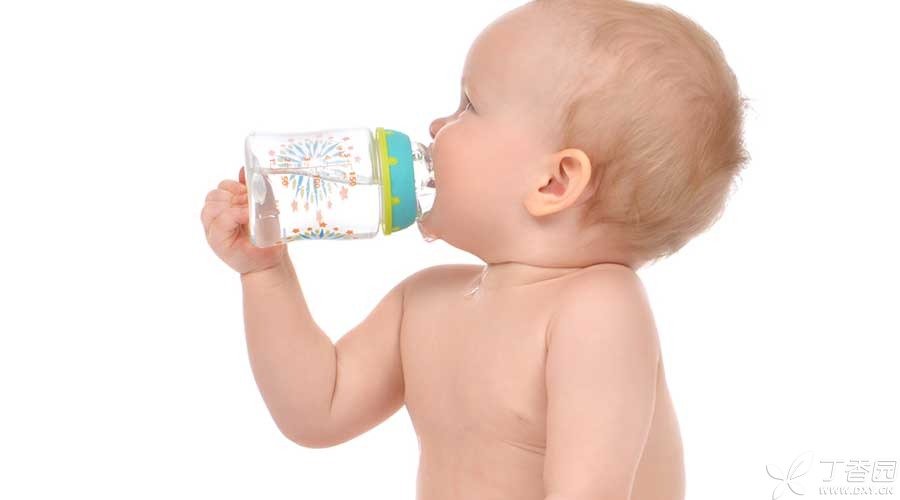
For the new parents, the baby’s eating, drinking, pulling and scattering all affect their hearts. Now that it has entered midsummer, another problem of baby rearing has gradually emerged, that is: does the baby need to replenish water? How much water will be enough?
[Clove Mother] Wants to Say: Maybe the baby doesn’t have as much water to replenish as you think.
Is breast-fed baby short of water?
Usually breast-fed babies do not need extra water, because the content of water in the mother’s milk is as high as 90%, which can completely meet the daily needs of the baby.
What about summer? It’s exactly the same! Even if the baby is in the hot outdoor, as long as the mother can breast-feed as needed, the baby usually does not need extra water. A large number of investigations and studies show that the baby’s demand for water can be completely met by breast milk under any environment with a temperature of 22 ~ 41 C and a relative humidity of 9% ~ 96%.
Even in the first few days of the baby’s birth, when the mother’s milk is not sufficiently secreted, the water content of colostrum can meet the needs of the baby under effective and reasonable lactation.
It is risky to replenish water for your baby at random.
The Breastfeeding Society suggested that if the baby is randomly replenished with water, the baby may face these risks:
- Interfering with the normal frequency of breast-feeding, prolonging the interval between each breast-feeding by the mother, and delaying or preventing the mother from producing the best breast milk; Nutrition and energy in breast milk can help the baby grow, while water cannot provide nutrition. After drinking water, the baby will feel full, which will reduce the intake of breast milk and may lead to malnutrition. If the supplement is water or glucose water, the baby will face increased bilirubin, excessive weight loss, prolonged hospitalization and potential risks of water poisoning.
Therefore, the American Academy of Pediatrics recommends that no additional water (including water, glucose water, formula milk powder and other liquids) should be added to breast-fed newborns unless certain medical indications are available.
Which babies can drink moderate amount of water?
After seeing so many risks, don’t be scared. Water is not absolutely undrinking for babies.
As long as the amount of good water is mastered, these babies can also drink appropriate amount of water:
- For babies over 6 months old: adults can use teacups to fill water for babies to drink, a small amount of water for many times, generally not more than 50 mL every 24 hours; And don’t force your baby to drink. Don’t worry if your baby refuses to drink water, because your baby may prefer to drink milk (breast milk or formula milk) frequently to get the water he needs. Babies with supplementary foods: Once the baby starts to add supplementary foods, The demand for water will increase. Parents should take the initiative to find signs of thirst in their babies, such as dry lips, yellow urine, and few or no tears when crying. Sick baby: If the baby has fever, vomiting and diarrhea, the demand for water is also greater because the baby loses more water at this time. Please consult a doctor for details.
Once you decide to give your baby water, consult your doctor as much as possible.
Parents are the baby’s first teacher and the first health care doctor. Perhaps the baby’s various physiological needs are not as much as you think. Tailored to these needs, the talent suitable for the baby makes TA grow better and healthier.
Responsible Editor: Jing Liu
